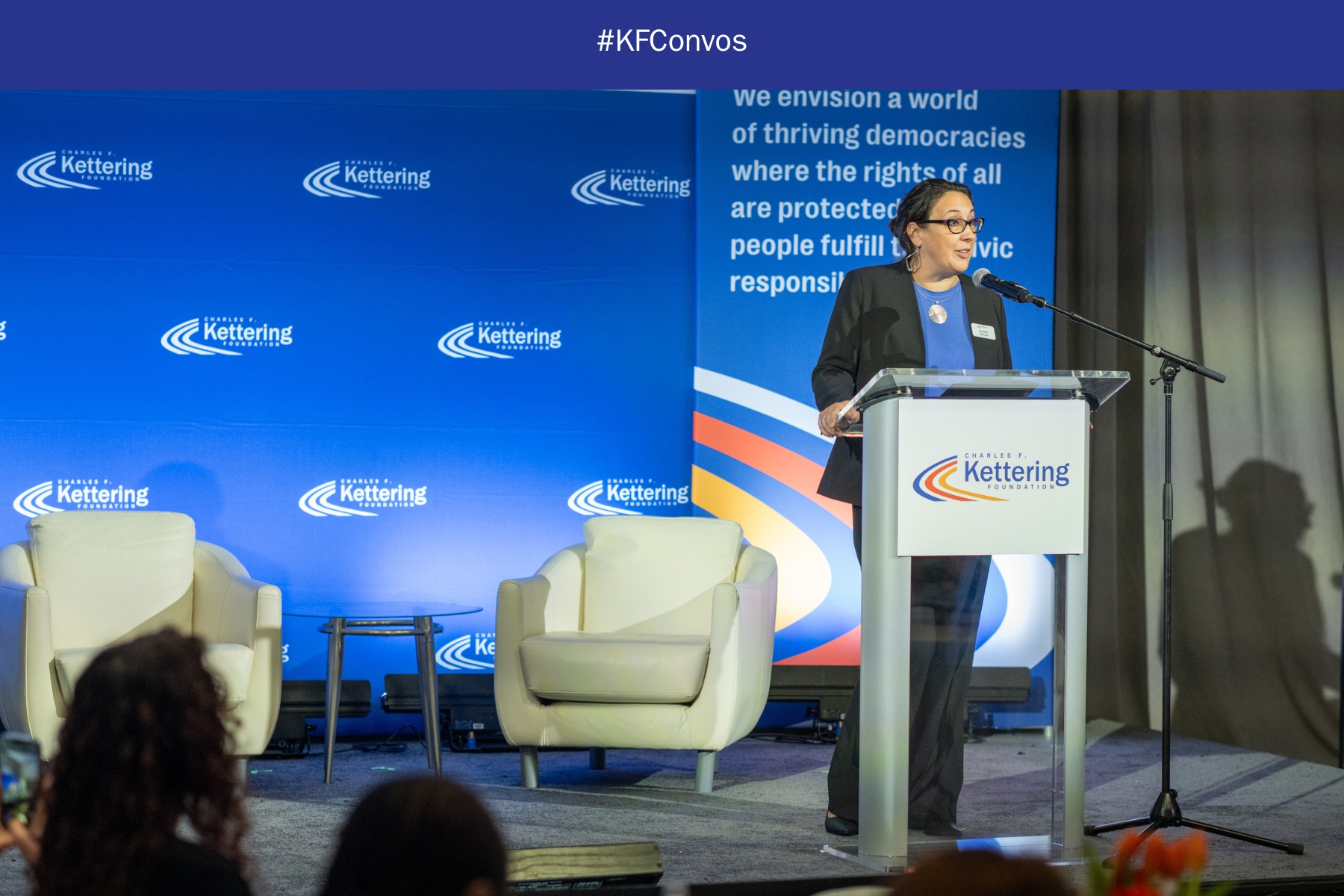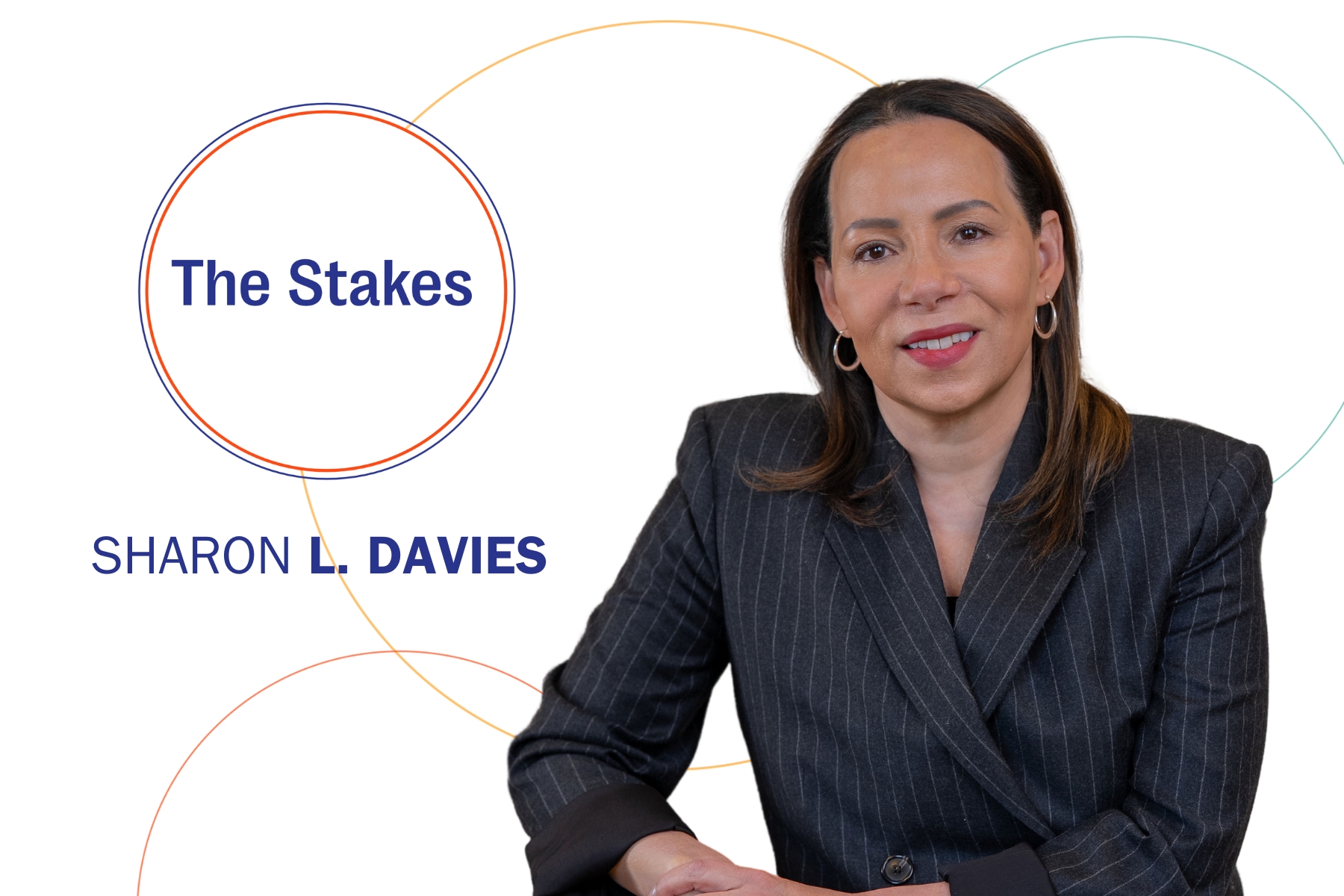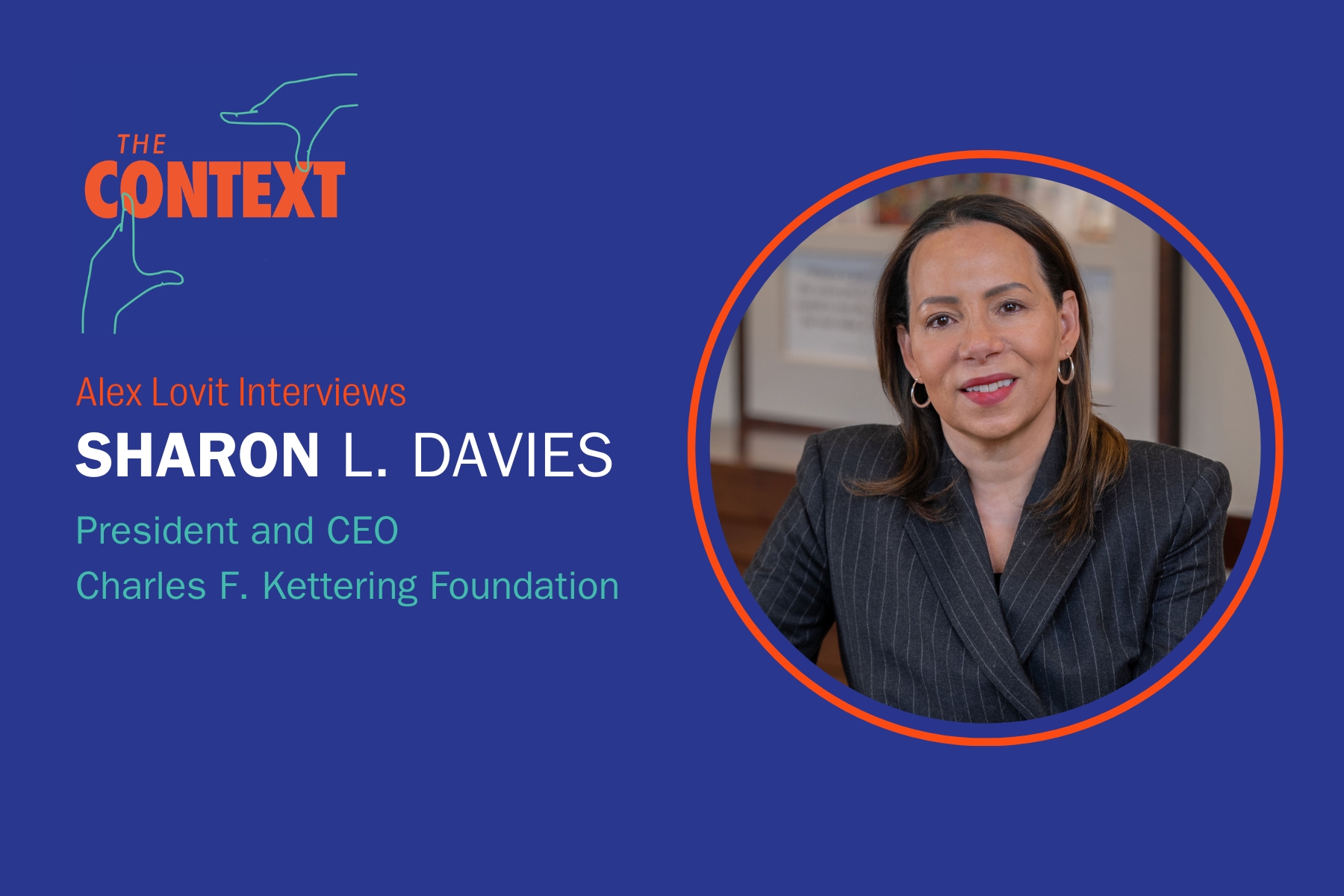“Five Alarm Fire”: Government’s Attack on Civil Society

Five alarm fire.
That’s the phrase Steve Taylor, a former US Senate staffer and past head of United Way Worldwide’s government relations team, used in The Chronicle of Philanthropy to describe sections of the Tax Cuts and Jobs Act bill recently passed by the US House Ways and Means Committee and the House Budget Committee.
Big, intense, massive, and extremely life-threatening. That’s how we define five alarm fires.
The Nonprofit Times called The One, Big, Beautiful Bill “everything nonprofit leaders feared.” A key ingredient in our country’s exceptionally sad saga to decimate America’s civil society, this bigly bill promises to change community life as we know it.
Why So?
Most folks know that the bigly bill includes dramatic cuts to social safety net funding—support that puts food on the table and helps with rent and the occasional utility bill. Much of this funding is disseminated via nonprofit community-level organizations that partner with government.
Less well-known is the increase in the private foundation excise tax.
Private grantmaking foundations currently pay a 1.39% excise tax on net investment income, in addition to a mandatory charitable payout of 5% of all assets. The House bigly bill increases this tax on a graduated basis. For example, foundations with endowments valued at $50-$250 million will see their taxes increase to 2.78%, while foundations valued from $250 million to $5 billion will pay 5%. Larger foundations will pay 10%.
In effect, that graduated tax plus the required 5% payout will erode foundation endowments over time, and, in turn, reduce financial support for our charitable community-serving organizations. Not in some foreign land; right here in River City.
This combo amounts to a double whammy for communities: reduced financial support by government, and a tax that will in effect reduce private foundation giving.
The net effect on the federal budget?
The Joint Committee on Taxation estimates the increased private foundation excise tax will produce roughly $16 Billion in federal tax revenue over 10 years. Over ten years? The federal government might save these dollars, but the disinvestment in communities will produce misery.
To reiterate: the bigly bill dramatically cuts funding to organizations that serve those who struggle to make ends meet. The increased foundation excise tax will diminish foundation grant dollars designed to help those very same people.
How mean are we?
Know Nothings
In his Chronicle opinion piece, Taylor asks, “why go after America’s charitable sector?” In a phrase, these Congressional geniuses do not know what they are doing. Taylor claims that “many new lawmakers” lack “regular contact from the nonprofit leaders in their [Congressional] districts” and “have limited understanding of why the work nonprofits do matters to their constituents.” They harbor no personal animus toward nonprofits. They’re just looking for ways to offset tax cuts for the few.
Wowza.
Reminds me of my husband’s favorite refrain, with apologies to Winston Churchill: never have so many been led by so few who know so little.
Ding, Ding, Ding, Ding, Ding
No doubt we’re all exhausted by the daily drumbeat announcing we’re on the eve of destruction. Taylor says, however, that “it isn’t too late to intervene” before Congress makes a colossal, community-altering and nonprofit death-delivering mistake. “But those interventions,” he emphasizes, “can’t come soon enough.”
Don’t despair. Interventions matter.
In fact, on Friday of last week, the bigly included egregious language that granted the US Treasury Secretary “unilateral authority” to revoke the 501(c)(3) tax-exempt status of nonprofits by labeling them “terrorist-supporting groups” and doing so “without due process.” By Monday of this week, House members had removed that language, precisely because the Council on Foundations, Independent Sector, the National Council of Nonprofits, United Philanthropy Forum, the Nonprofit Alliance, and others rang alarm bells and called on their allies to lobby Congressional members.
Those efforts worked.
But maintaining diligence and contacting Congressional members continues to be urgent. What has been removed can be reinserted, and dramatic cuts to social safety net programs and the increase in the private foundation excise tax remain.
Folks, no time to waste. The US House passed the bigly earlier this week by a one vote margin and has sent it to the Senate. Seriously moving like a house on fire. And if the bigly becomes law before you have time to weigh in, weigh in anyway.
Citizens have agency. Find your local representatives here.
Call them. Ask what effect they think bigly will have on their constituents.
Sherry Magill is the chair of the Charles F. Kettering Foundation board of directors. She is also the retired president and CEO of the Jesse Ball duPont Fund, where she served for 27 years
The views and opinions expressed by contributors to our digital communications are made independent of their affiliation with the Charles F. Kettering Foundation and without the foundation’s warranty of accuracy, authenticity, or completeness. Such statements do not reflect the views and opinions of the foundation which hereby disclaims liability to any party for direct, indirect, implied, punitive, special, incidental, or other consequential damages that may arise in connection with statements made by a contributor during their association with the foundation or independently.








